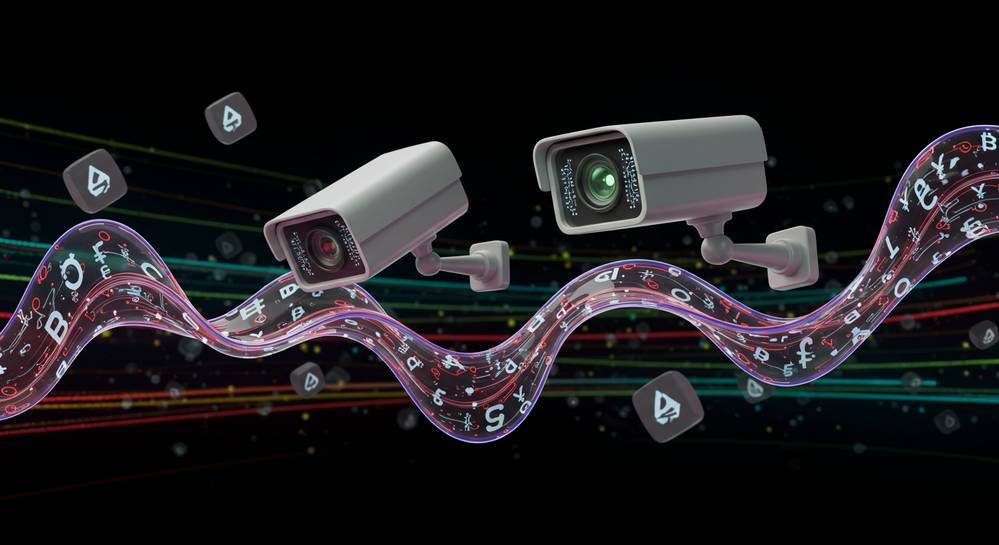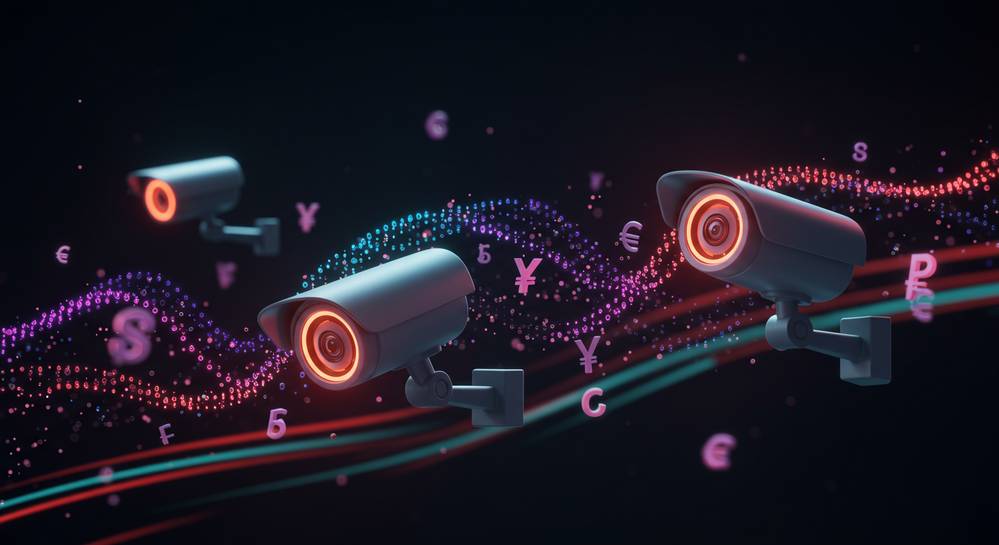Illuminating the Dark: A Deep Dive into Night Vision Security Cameras

Illuminating the Dark: A Deep Dive into Night Vision Security Cameras
Ensuring round-the-clock security for homes and businesses is paramount in today’s interconnected world. While daylight offers natural visibility, the challenges of monitoring during low-light conditions require specialized solutions. This is where night vision security cameras become indispensable, transforming darkness into clarity. These advanced devices provide crucial surveillance capabilities, offering peace of mind and robust protection when traditional cameras fall short. Understanding their technology and benefits is key to safeguarding your property effectively.
Contents
Understanding Night Vision Technology

Night vision security cameras are indispensable for comprehensive 24/7 surveillance. They transform invisible light and heat into actionable visual data. This advanced capability ensures continuous monitoring, making the unseen visible even in absolute darkness. Understanding these core technologies is vital for effective security planning and achieving robust 24/7 home security surveillance.
Infrared (IR) Night Vision
Infrared (IR) night vision remains the most prevalent technology. Cameras integrate IR LEDs that emit light invisible to the human eye. Specialized sensors then detect this reflected infrared energy. This process generates clear black and white images, effectively illuminating dark environments for constant monitoring.
Thermal Night Vision
Thermal night vision operates fundamentally differently, detecting heat signatures instead of light. These cameras require no ambient light whatsoever, functioning perfectly in absolute darkness. They excel at penetrating smoke, fog, and even light foliage, making them superior for detecting living beings or active machinery based on their thermal output.
Low-Light Technology Advancements
Modern low-light technology employs highly sensitive image sensors. These sensors capture usable color video under minimal ambient light conditions, often without needing additional IR illumination. This innovation provides more natural, detailed, and identifiable footage compared to traditional monochrome IR, significantly enhancing situational awareness and evidence quality.
Benefits of Night Vision Security Cameras

Integrating night vision security cameras offers unparalleled advantages, significantly enhancing overall protection and surveillance. These benefits extend beyond simple visibility, contributing to stronger deterrence and reliable evidence collection, crucial for modern security demands.
24/7 Continuous Surveillance
Night vision cameras ensure continuous property monitoring, day and night. They eliminate blind spots common with traditional cameras in low light. This guarantees every activity is recorded, providing constant vigilance without interruption.
Enhanced Deterrence
Visible night vision security cameras strongly deter potential intruders. Their presence signals a well-protected property, often preventing criminal activity preemptively. This proactive approach effectively safeguards assets.
Clear Evidence Collection
In any incident, night vision cameras provide clear, actionable footage. Capturing details in darkness strengthens evidence for identification and prosecution. High-quality night recordings are invaluable for legal cases and investigations.
Improved Safety and Awareness
These cameras offer immense peace of mind for property owners. Monitor vulnerable areas, check on family or pets, and observe perimeter activities remotely. This heightened awareness empowers users, enhancing overall safety and control, a key aspect of modern smart home advantages.
Key Features and Considerations When Choosing
Selecting the right night vision security cameras demands careful evaluation of key features. This ensures the system meets specific security needs, balancing performance, reliability, and cost-effectiveness. An informed decision safeguards your property effectively.
Image Resolution and Quality
Higher resolution cameras, such as 1080p or 4K, deliver significantly clearer and more detailed images. This clarity is paramount for identifying crucial details like faces or license plates, even in challenging low-light conditions. Prioritize cameras with superior sensor quality for optimal night performance.
IR Range and Field of View
The Infrared (IR) range dictates how far the camera can effectively see in complete darkness. Match this range to your intended coverage area. A wider field of view captures broader scenes, while a narrower one focuses on specific points of interest. Consider cameras with adjustable lenses for versatile monitoring, like those offering 180-degree security cameras.
Weather Resistance and Durability
For outdoor installations, robust weather resistance is non-negotiable. Look for an IP rating, such as IP66 or IP67, which guarantees protection against dust and water ingress. A durable casing is also essential to withstand environmental factors and potential tampering, ensuring long-term reliability.
Connectivity and Storage Options
Evaluate connectivity needs: Wi-Fi for flexible remote access or Power over Ethernet (PoE) for stable power and data transmission. Assess local storage solutions, like SD cards, against cloud storage services. Consider their associated costs and long-term data retention policies.
Maximizing Your Night Vision Surveillance

Once you have invested in night vision security cameras, optimizing their placement and integration is crucial. This strategic setup ensures maximum coverage, effectiveness, and longevity of your surveillance system. Proper implementation unlocks the full potential of your security investment.
Strategic Placement for Optimal Coverage
Position night vision security cameras to cover all key entry points, vulnerable areas, and potential blind spots. Crucially, ensure that the camera’s Infrared (IR) illuminators are unobstructed. Avoid reflective surfaces nearby, as these can cause glare and significantly obscure the captured image, reducing clarity and effectiveness.
Ensuring Proper Illumination
While night vision cameras function in darkness, supplementary IR illuminators can extend their range. They also improve image clarity in very large or complex environments. Always ensure an adequate, stable power supply for continuous, uninterrupted operation. This prevents critical surveillance gaps during power fluctuations.
Regular Maintenance for Longevity
Consistent maintenance is vital for maintaining optimal performance. Keep camera lenses meticulously clean from dust, dirt, and spiderwebs, which severely impair image quality, especially at night. Periodically check all cable connections and power sources to prevent unexpected outages and ensure reliable data transmission.
Seamless Smart Home Integration
Many modern night vision security cameras integrate effortlessly with existing smart home security platforms. This integration allows for unified monitoring, automated alerts, and seamless control through a single interface. Such connectivity enhances convenience, responsiveness, and overall system synergy, providing a truly comprehensive security solution.
Night vision security cameras are no longer a luxury but a fundamental component of a comprehensive security strategy. By understanding the underlying technologies and the features that matter most, you can make an informed decision to protect your property effectively. These cameras provide an invaluable layer of security, ensuring that your surveillance remains vigilant even in complete darkness. Invest in the right solution to achieve continuous peace of mind. For more expert insights and technology reviews, visit Tech Home Times today.







